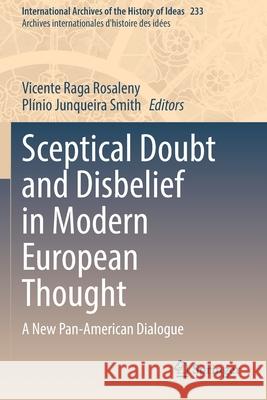Sceptical Doubt and Disbelief in Modern European Thought: A New Pan-American Dialogue » książka
topmenu
Sceptical Doubt and Disbelief in Modern European Thought: A New Pan-American Dialogue
ISBN-13: 9783030553647 / Angielski / Miękka / 2021 / 358 str.
Sceptical Doubt and Disbelief in Modern European Thought: A New Pan-American Dialogue
ISBN-13: 9783030553647 / Angielski / Miękka / 2021 / 358 str.
cena 461,56 zł
(netto: 439,58 VAT: 5%)
Najniższa cena z 30 dni: 459,42 zł
(netto: 439,58 VAT: 5%)
Najniższa cena z 30 dni: 459,42 zł
Termin realizacji zamówienia:
ok. 20 dni roboczych.
ok. 20 dni roboczych.
Darmowa dostawa!
Kategorie BISAC:
Wydawca:
Springer
Język:
Angielski
ISBN-13:
9783030553647
Rok wydania:
2021
Ilość stron:
358
Waga:
0.50 kg
Wymiary:
23.39 x 15.6 x 1.88
Oprawa:
Miękka
Wolumenów:
01
Dodatkowe informacje:
Wydanie ilustrowane











